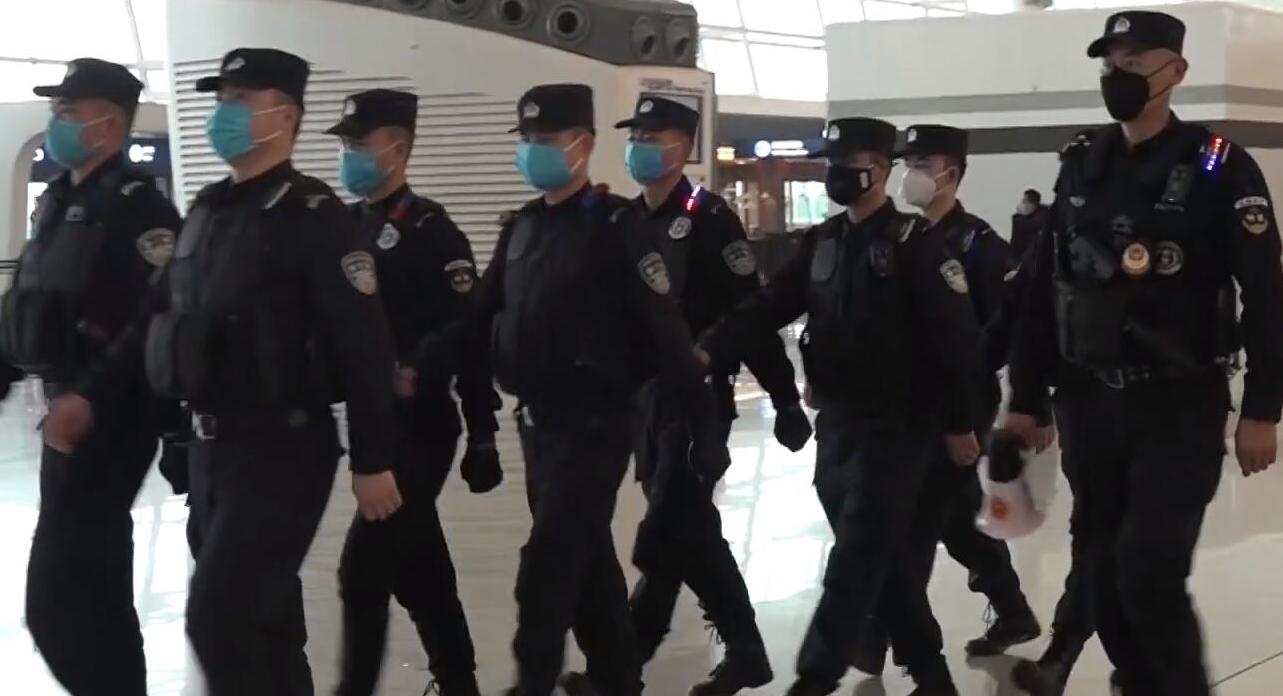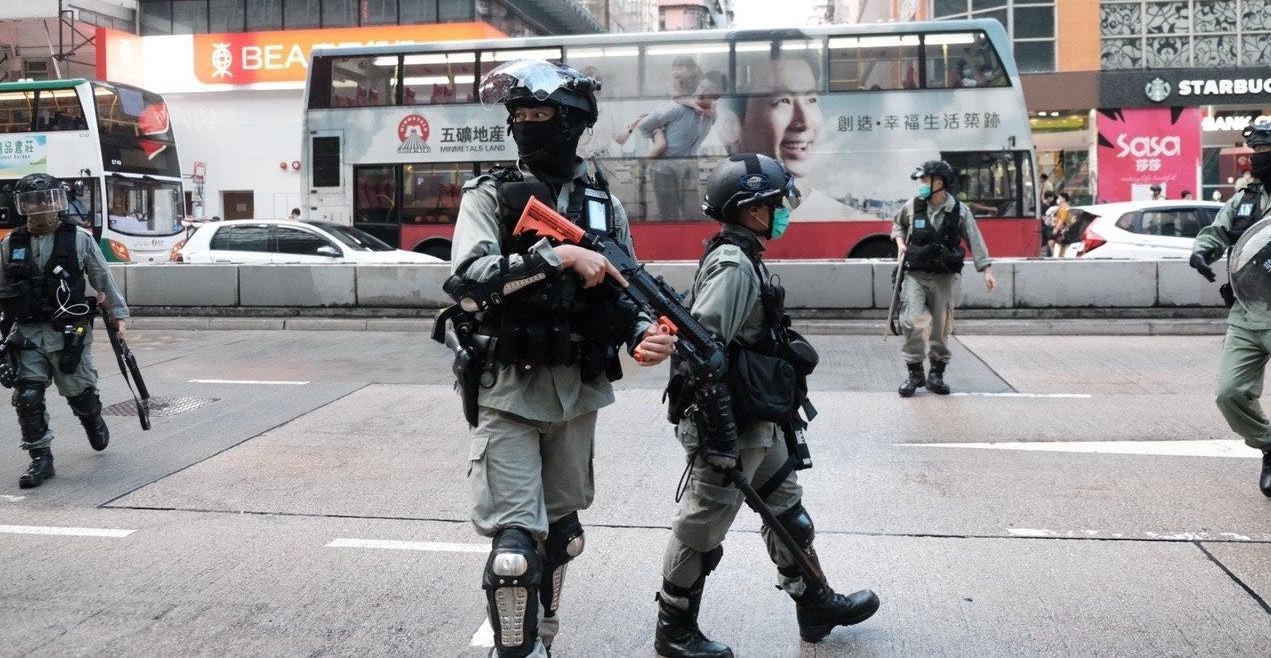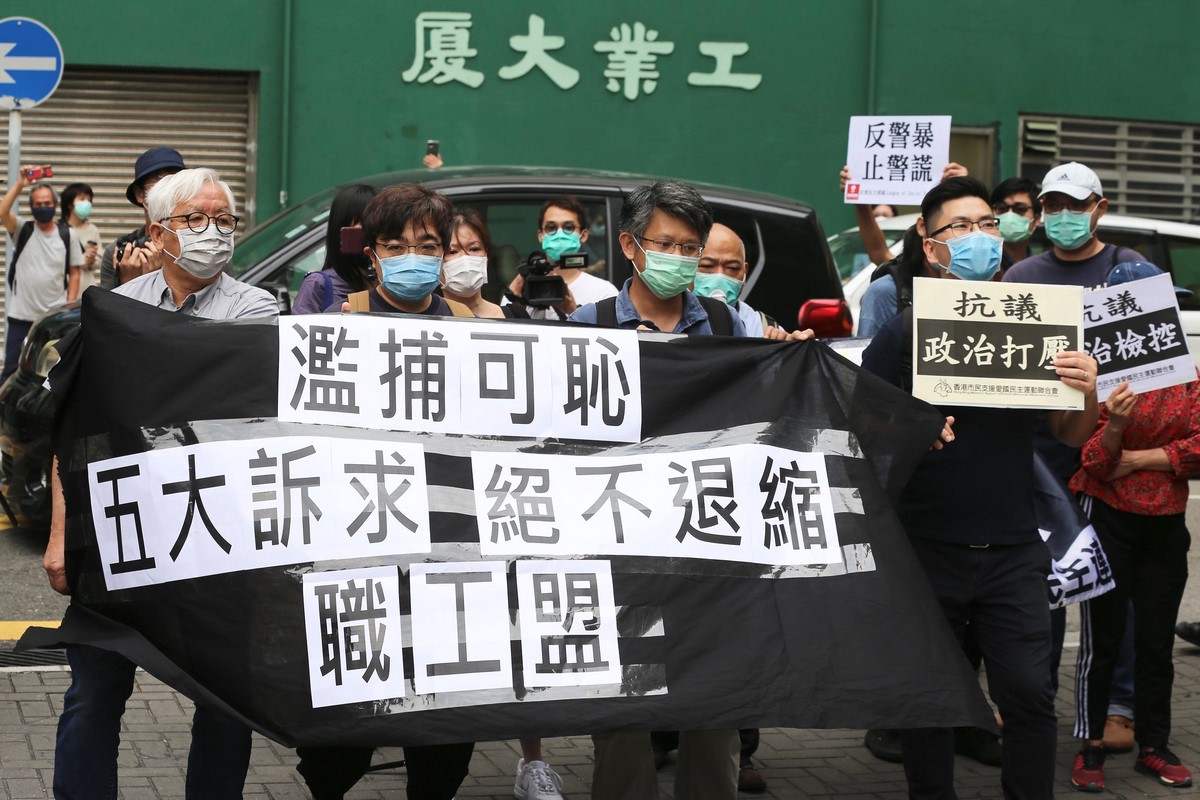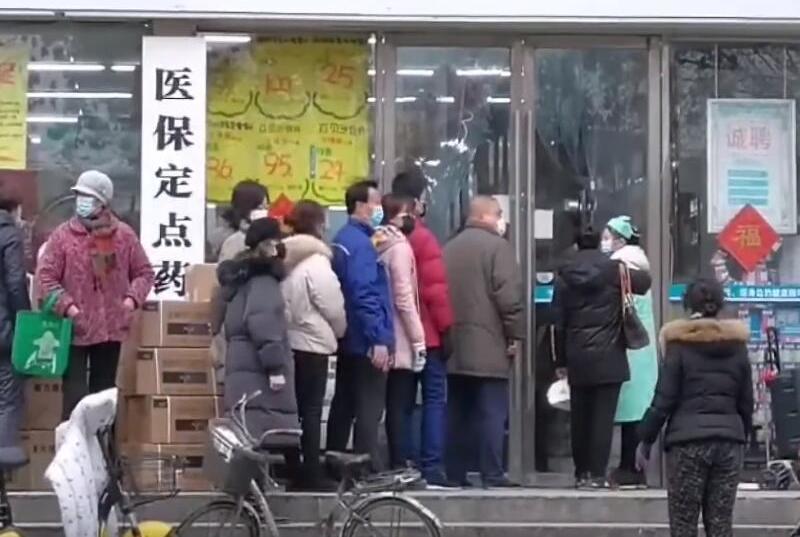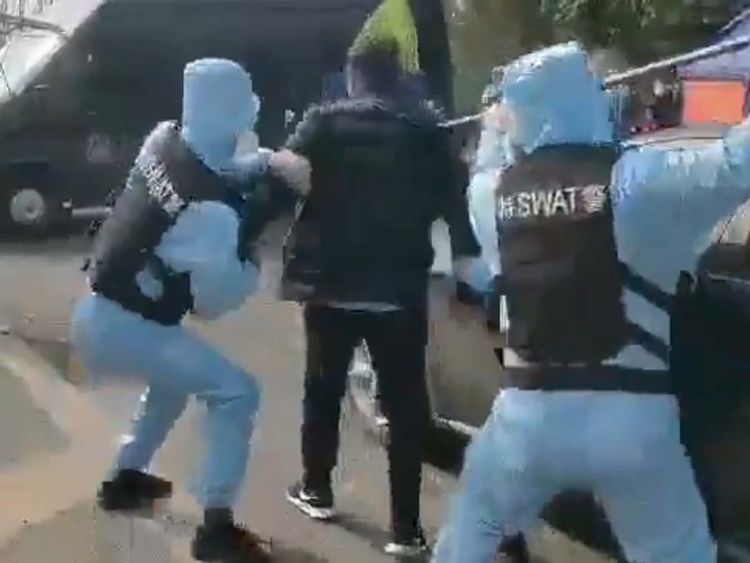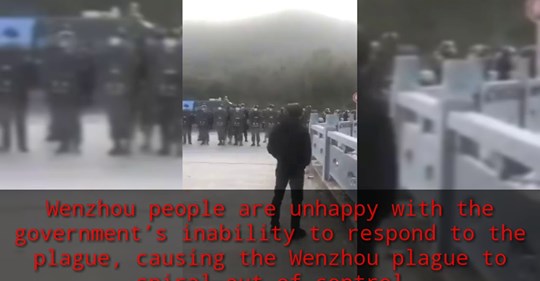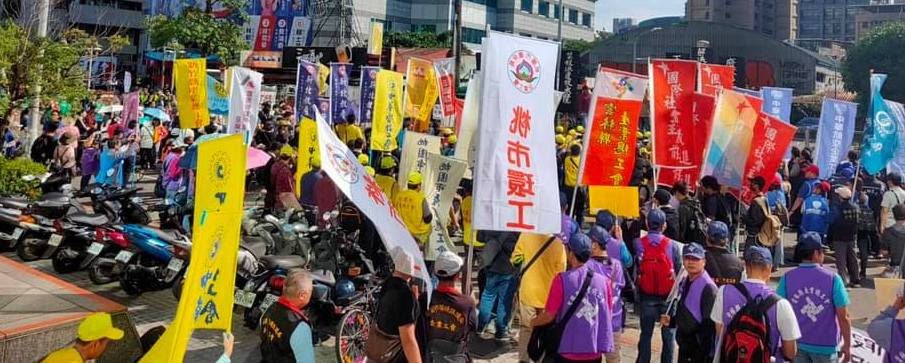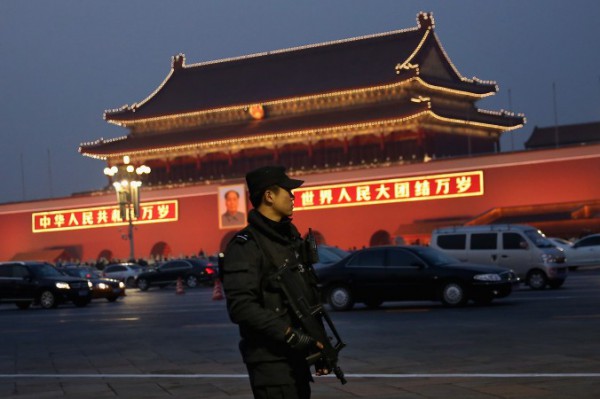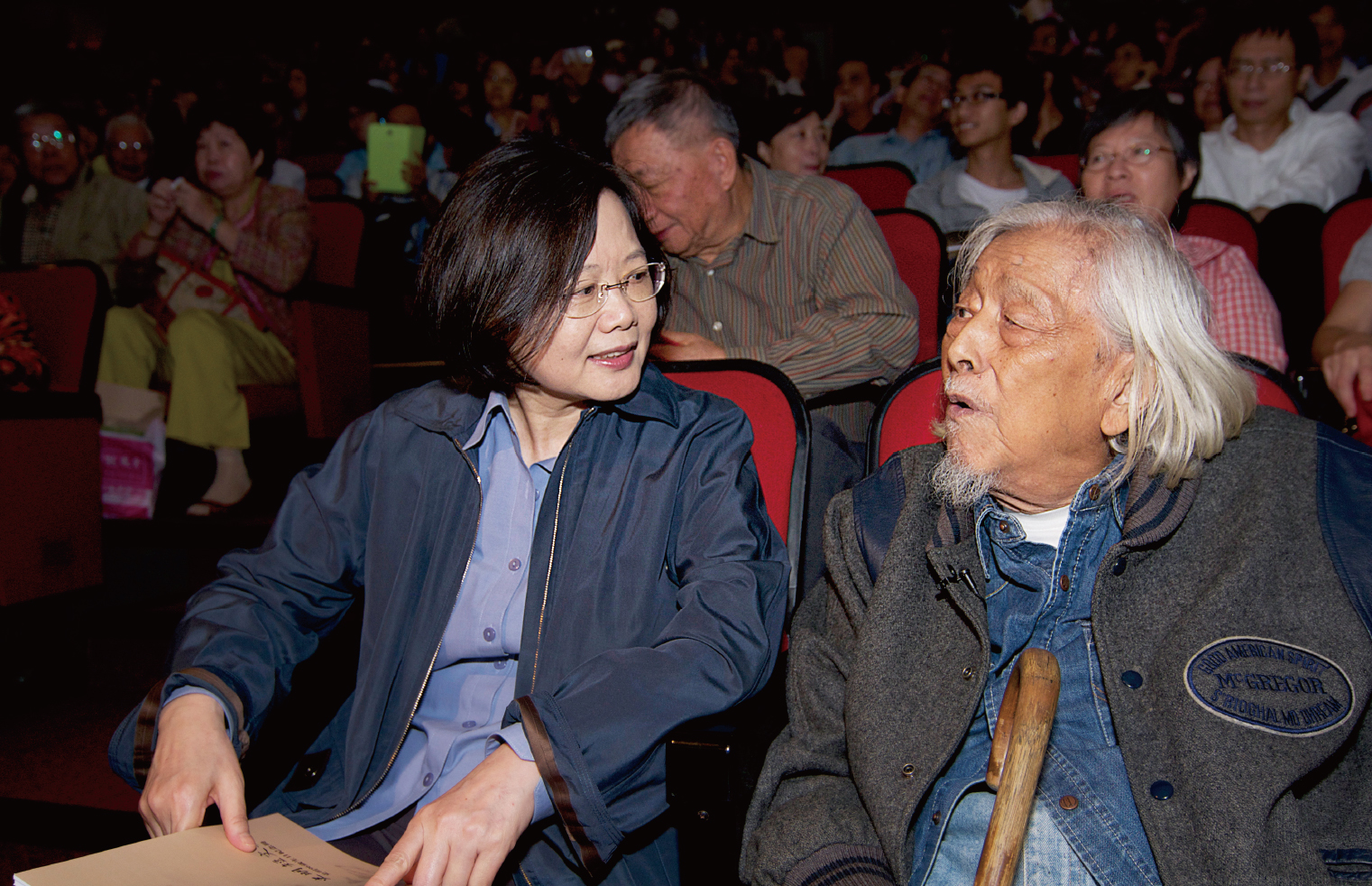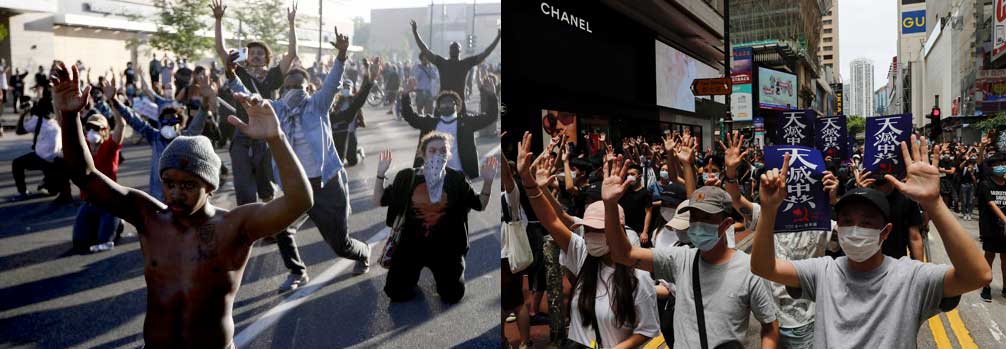
Podcast: for Minneapolis-Hong Kong solidarity
In Episode 53 of the CounterVortex podcast, Bill Weinberg discusses the pathological propaganda game in which Donald Trump exploits the pro-democracy uprising in Hong Kong and Xi Jinping exploits the uprising that has exploded across the US since the police killing of George Floyd in Minneapolis. With Trump scolding China over the Hong Kong repression even as he threatens to unleash military troops on protesters in the US, the contradictions could not be more evident. Weinberg urges the Hong Kong protesters to put down their American flags, and stateside protesters not to be fooled by Chinese Foreign Ministry statements in support of the uprising in the United States. Protesters in Hong Kong and the US are natural allies of each other—not of each other’s respective oppressors. Listen on SoundCloud. (Photo composite by Chris Rywalt, with images from AP and Reuters; fair use asserted)



